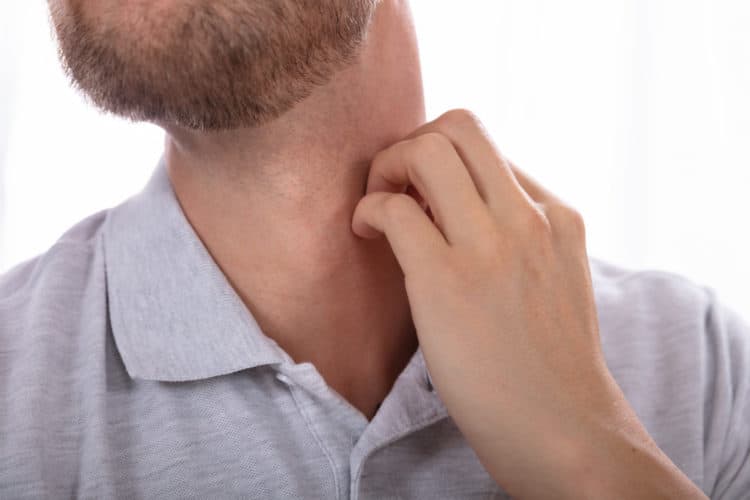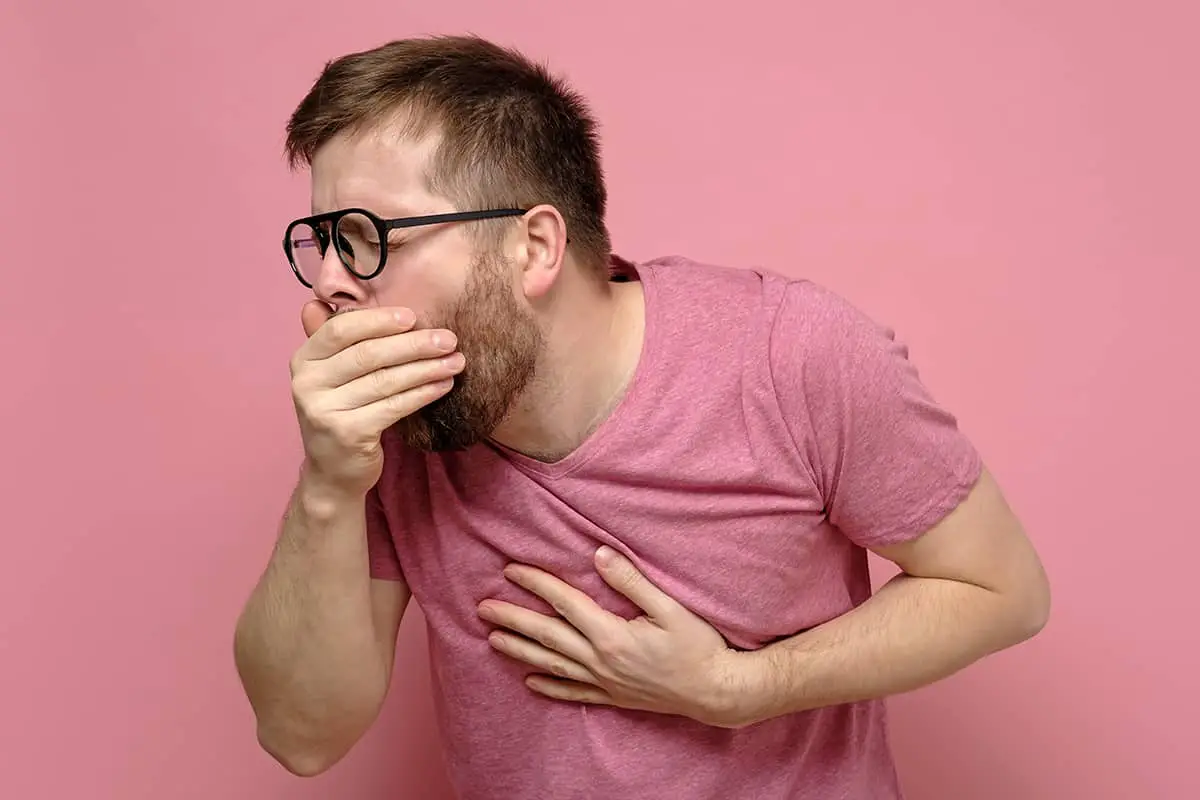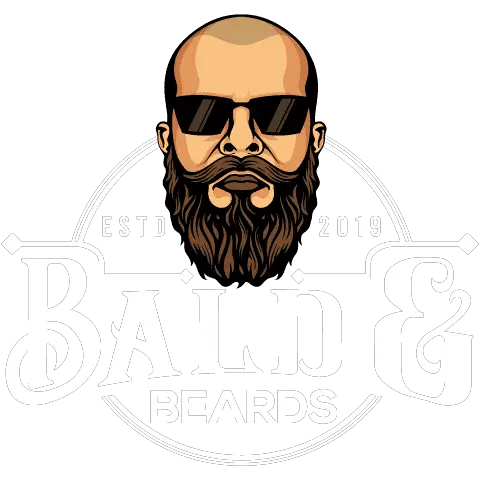For many years, employers required a clean-shaven look for its workforce. Mostly because unruly beards and germs were interchangeably associated. So, when facial hair started trending again, the workplace limits relaxed, but with a new emphasis on beard care.
Beards have been recognized to transmit harmful bacteria like “Staph” (staphylococcus) and enterococcus through shaving cuts and via its close proximity to the mouth. However, a well-groomed beard has no more or less germs than a face with no beard hair and is deemed safe when good hygiene is exercised.
While men who wash and groom their beards know it’s easy to keep it sanitized, there may still be germs in your beard by day’s end, according to a recent study. What kind of germs can be found in your beard, and what can you do about it? Here’s some insight from the experts.
Anti-bacterial Beard Shampoos use germ-fighting ingredients like tea tree oil and jojoba oil. If you want a clean and germ-free beard, checkout ArtNaturals Beard Wash on Amazon.com now.
Beard Bacteria Basics
- Most beards washed every day, particularly with an antibacterial soap, don’t have any germs at all.
- Two common types of bacteria have been found in beards, according to a 2019 study. These include staphylococcus and enterococcus.
- Studies show that beards contain no more bacteria than a clean-shaven chin.
- Beards may collect a small amount of bacteria, but it’s harmless.
- Studies showing “fecal matter” in beards have been debunked, such as the one by John Golobic, a microbiologist, tested beards for bacteria and found “fecal matter.”
- However, this is misleading, as clean-shaven faces have similar types and amounts of bacteria.
If you’re worried about growing your beard during COVID-19, we covered everything you need to know in our coronavirus beard guide.
What Evidence Shows Germs in Beards Exist?
Another study published in the Journal of Hospital Infection in 2014 compared bacteria found on the faces of 408 male healthcare workers, including those with or without facial hair.

The results showed that there was very little different between the bacteria found on faces with facial hair compared to clean-shaven faces. Researchers said that some species of bacteria were more likely to grow in thicker beards, but it was difficult to test this theory.
Another study suggests that beards are safer than dog hair, but also cautions that urinary tract infections can come from contaminated beards.
The study compared germs in bearded men from 18 to 76 with germs found in dog fur. The study tested 30 dogs and found that beards were no riskier for skin infections and other bacteria than our furry friends.
All in all, the studies only revealed that a small number of men harbored more germs than others, and while bacteria were present, there weren’t any dangerous diseases present.
Do You Have a Dirty Beard? (Probably Not)
You don’t have to worry if you haven’t washed your beard today. You probably don’t have any dangerous bacteria in your beard, as beards are less likely to carry germs than clean-shaven men.
Before you reach for the razor, there may be an antibacterial wash that will kill off any germs in your beard.
Germ-free Beard Care (How to)
These tips for washing your beard and recommend antibacterial washes can help:
1. Wash Beard Daily
You should wash your beard every day with a moisturizing antibacterial wash – like ArtNaturals Natural Beard Shampoo Wash. This gets rid of any buildup and germs from the previous day. In addition, you can use antibacterial balms and lotions after you shower to protect your skin and hair. Check all reviewed beard washes.
Washing your beard every day and applying beard oil 3 to 5 times a week can restore its shine and keep your hair in good health.
Use Antibacterial Products
These are a few of the products that work quickly and remove 99.99% of all germs from your beard. These products include ingredients like aloe vera, witch hazel, argan oil, licorice root, and tea tree oil.
2. Brush and Trim Your Beard
Growing a long yeard beard may work for some, but if you’re worried about germs and getting bacteria in your facial hair, then trim down the length of your beard. Long beards tend to carry more debris, but it also depends on the density.
Brushing your beard every day will with a quality boars hair brush will keep it detangled and easier to wash.
3. Cover Your Beard
During the pandemic, many people are opting for beard nets and masks that cover all their facial hair. These products protect everyone around you as you go about your day.
In some areas, business and some front-line works, these beard coverings are mandatory to prevent the spread of coronavirus (COVID-19).
4. Protect with Beard Balm or Oil
Finally, you should finish your beard care routine by applying beard balm or a top-notch beard oil. These are moisturizing protective products that can help you grow a healthier, shinier beard.
Many men use sculpting beard balms that have a higher wax content to sculpt and shape longer beard hair, while also protecting it from collecting debris and dirt throughout the day.





